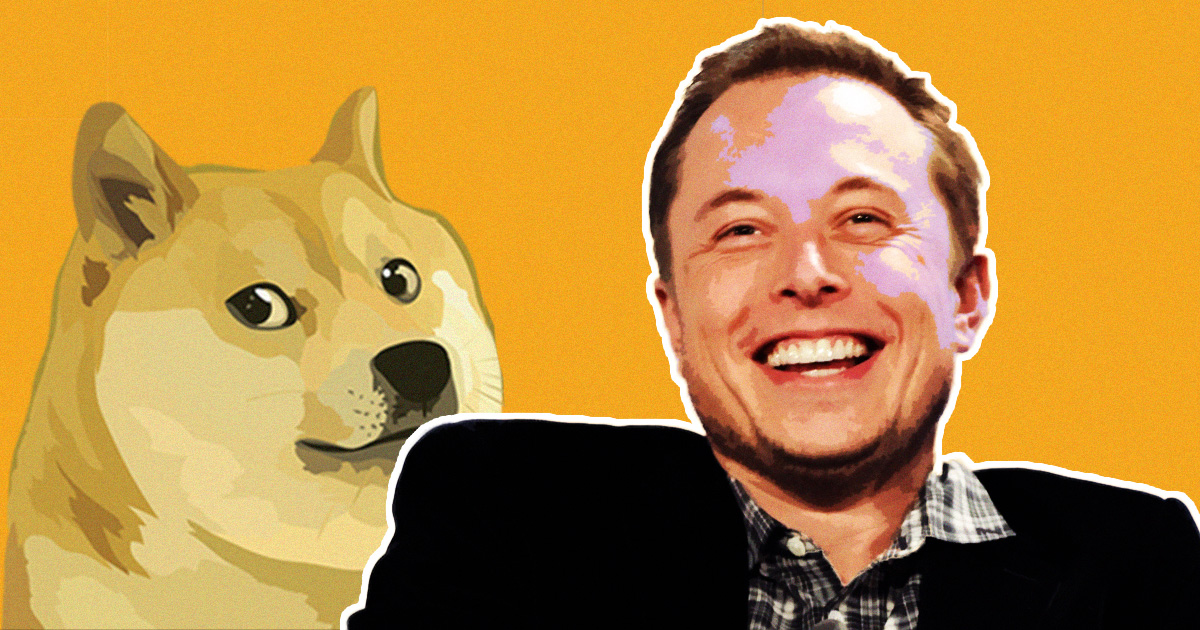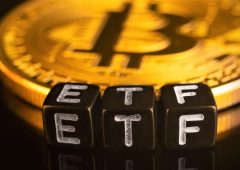Elon Musk Hints at Reintroducing Dogecoin Payments for Tesla Products
03.09.2024 15:00 1 min. read Alexander Stefanov
Elon Musk's recent announcement caused considerable hype by highlighting his continued support for Dogecoin and his vision for integrating digital assets into everyday commerce
Created as a joke in 2013, Dogecoin gained prominence largely due to Musk’s frequent endorsements, earning it the nickname “Dogfather.”
Tesla previously experimented with accepting Dogecoin for select goods, such as “Cyberwhistle” and “Giga Texas Belt Buckle,” in its online store. The move was received positively by both Tesla fans and Dogecoin enthusiasts, suggesting that large companies may increasingly consider the cryptocurrency as a payment option.
Although this initiative has been put on hold, a recent post by Musk has sparked speculation that Tesla may soon reintroduce Dogecoin as a payment method, potentially expanding its use beyond goods to more substantial offerings.
In response to a tweet asking “Who else wants Tesla to bring back the Dogecoin payment option for goods?“, the company’s founder, Elon Musk, responded with a curt “Me“.
Musk has long advocated Dogecoin as a practical currency for everyday transactions, citing its low fees and shorter transaction times compared to Bitcoin. Re-introducing Dogecoin as a payment option will not only increase its utility, but also cement Tesla’s image as a forward-thinking company that embraces innovation and new technology.
-
1
Is Dogecoin Gearing Up for a Major Breakout? On-Chain Signals Say Yes
17.05.2025 8:00 1 min. read -
2
Pi Price Prediction: Can PI Climb Back Above $1? Key Levels to Watch
28.05.2025 23:41 3 min. read -
3
SUI Bounces Back After Exploit – Analysts Predict Strong Rebound
26.05.2025 18:00 2 min. read -
4
$3.3B in Tokens to Enter Crypto Market in June
26.05.2025 20:00 1 min. read -
5
Ethereum Price Prediction: ETH Buy Signal Confirmed Despite Today’s Retreat
30.05.2025 23:13 3 min. read
OpenSea Sees Surge in Users, But NFT Market Volumes Still Lag
After a long stretch of subdued activity, OpenSea is experiencing a notable uptick in user engagement.
Worldcoin Expands to UK With Eye-Scanning ID and Crypto Rewards
OpenAI’s Sam Altman is taking his controversial identity-verification venture, Worldcoin, to the United Kingdom, beginning with a launch in London.
Tether’s Hypothetical IPO Could Value It Above Coca-Cola, CEO Suggests
Tether CEO Paolo Ardoino has floated a bold valuation scenario: if the stablecoin giant were to go public, its market cap could soar to $515 billion — potentially making it one of the top 20 most valuable companies globally, surpassing legacy giants like Coca-Cola and Costco.
Nvidia CEO Urges UK to Invest in AI Infrastructure or Risk Falling Behind
During London Tech Week, Nvidia CEO Jensen Huang highlighted a critical gap in the UK’s artificial intelligence ambitions: while the country is home to exceptional talent, it lacks the computing backbone necessary to lead globally.
-
1
Is Dogecoin Gearing Up for a Major Breakout? On-Chain Signals Say Yes
17.05.2025 8:00 1 min. read -
2
Pi Price Prediction: Can PI Climb Back Above $1? Key Levels to Watch
28.05.2025 23:41 3 min. read -
3
SUI Bounces Back After Exploit – Analysts Predict Strong Rebound
26.05.2025 18:00 2 min. read -
4
$3.3B in Tokens to Enter Crypto Market in June
26.05.2025 20:00 1 min. read -
5
Ethereum Price Prediction: ETH Buy Signal Confirmed Despite Today’s Retreat
30.05.2025 23:13 3 min. read


